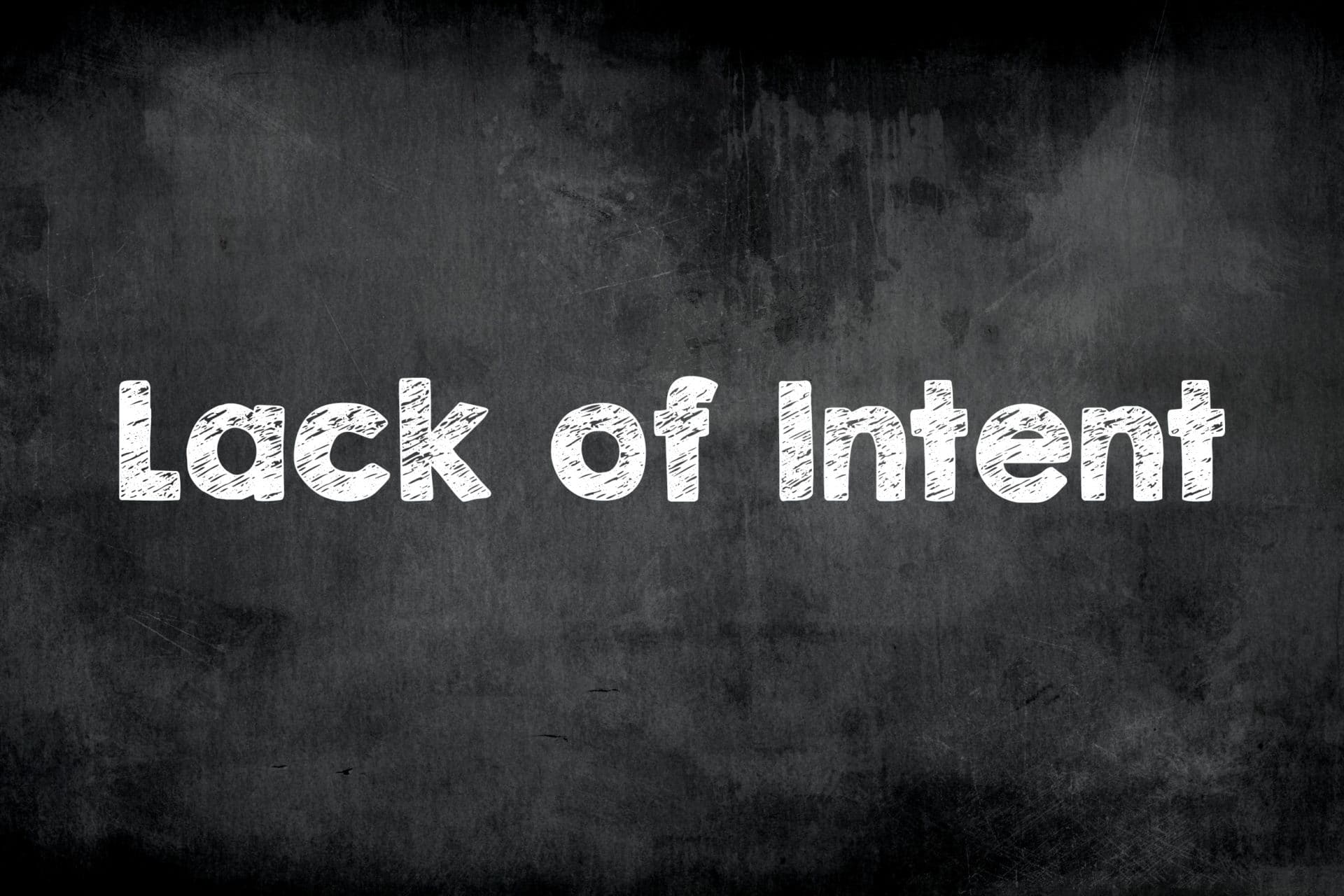Ways to Defend against an Illinois Shoplifting Charge
Shoplifting is common; so much so that many people see it as being no big deal. However, shoplifting is in fact a criminal offense taken very seriously by retailers and the state of Illinois.
Were you aware that shoplifting as little as $300 in merchandise is an automatic felony punishable by 2-5 years in prison? That’s an easy sum to reach these days — a couple of shirts and a nice bag, really.
Additionally, regardless of the value of items allegedly shoplifted, a second or more offense is also considered a felony.
Fortunately, shoplifting charges do not equate to a conviction. Depending on the specifics of your case, there are a number of defense strategies that could be used to get your charges dropped or reduced, or win you an acquittal at trial.
Let’s take a look at common defense strategies, and what you can do to fight back if you’re facing shoplifting charges.
How an Illinois Prosecutor Can Secure a Shoplifting Conviction
In order to successfully convict you of shoplifting, the prosecution must prove that you:
- Were witnessed approaching the allegedly shoplifted merchandise while in the store
- Physically handled the item
- Carried the item away, attempted to conceal the item, or engaged in price tag or package switching
- Did not pay for the item, or did not pay the item’s full value
- Were approached by store security after passing by the last opportunity to pay for the item
Common Defenses Against Shoplifting Charges in Illinois
Your defense attorney will look at each of the criminal elements above, and find ways to bring them under question. This could lead to your charges being dropped, or an acquittal. Below are some of the most common strategies.
Inadequate Evidence
Proving all of the elements we touched on above is frequently a tall order for the prosecution. If there is insufficient evidence to prove your guilt beyond a reasonable doubt, this would be a valid case for inadequate evidence.
Lack of Intent

In order for an offense to constitute shoplifting, it must be committed intentionally.
The element of intent can be hard for prosecutors to prove, and in Illinois shoplifting cases, the court can only infer intent if there is evidence that you:
- a) concealed the merchandise, and/or
- b) removed the merchandise beyond the last station for receiving payments.
The lack of intent defense can be used if you’re apprehended by store security before passing the last cash register or payment station. For example, even if you are concealing an item, you could have intended to pay for it before leaving the store.
Mistake of Fact
Sometimes, store security is simply wrong. You could be wrongfully apprehended for shoplifting for any of the following reasons:
- You were targeted due to a mistake
- Your identity was mistaken with that of someone else
- Store security misinterpreted what you were doing
- Racial profiling or other forms of discrimination
In these cases, store security guards might not want to admit their mistake, as they could be afraid of getting fired. In some cases, the store may be afraid to admit a mistake for fear of being sued.
A good defense attorney will be able to pick up on these mistakes and use calculated cross-examination of the prosecution’s witnesses to make a strong case for mistake of fact.
Mental Illness
Shoplifting is often a compulsion linked to mental illnesses such as depression and anxiety. The act of shoplifting triggers a “rush” of dopamine in the brain that temporarily makes people feel happier and more content.
If you have a history of mental illness or have sought care from a mental health provider for any reason, be sure to inform your defense attorney and collect documentation of your mental health problems.
Arguing that you were compelled to commit the act of shoplifting by an underlying shoplifting addiction or mental illness could be helpful in plea bargaining.
Illinois Plea Bargaining and Diversion Programs
Often times, store surveillance systems, anti-theft technology, and security personnel are able to provide indisputable evidence that the offense of shoplifting occurred. In these cases, your best bet may be plea bargaining or diversion programs.
Pre-Trial Diversion
If you are a first-time offender and are facing misdemeanor shoplifting charges, you may be eligible for an Illinois diversion program such as “Theft School.” If you successfully complete a pretrial diversion program, the charges against you will be dropped.
Second Chance Probation
If you are a first-time offender and have been charged with felony retail theft, you may be eligible for Second Chance Probation. This program lasts for at least 24 months and has requirements such as restitution, school attendance or employment and community service.

Reduced Charges and Sentencing
Sometimes the prosecution may offer a plea bargain for reduced charges. In this case, you would admit your guilt and waive your right to a trial in exchange for reduced charges and sentencing.
In any case, seeking the advice of an experienced Illinois retail theft defense attorney is your first step to facing shoplifting charges. If you have questions or concerns regarding a specific situation, we are here to help.
About the Author:
Andrew M. Weisberg is a former felony prosecutor who now serves as a defense attorney in the greater Chicago area. He has extensive experience in handling all types of criminal cases, from sex offenses and domestic violence to retail theft-related crimes, murder, and drug crimes.







 Blog Home
Blog Home 










